On December 7th 2024, Dr. Ruha Benjamin, a Princeton professor, took the stage in front of 8,000 students and educators who had gathered in Denver for a Diversity, Equity, and Inclusion conference. She was dressed in the Pan Arab colors of green, black, white, and red – ones on the Palestinian flag– and wearing watermelon earrings.
Dr. Benjamin began what was supposed to be a speech about the human bias in artificial intelligence. Instead, her speech soon shifted to accusations of Israeli genocide towards Palestinians and the demonization of Israel, leaving many Jewish attendees feeling unsafe and unwelcome.
In the back of the crowded room, Adina F. (‘25) and Sam W. (‘25), two Jewish students from Milken, stood up and left, as the applause of thousands cheering for Benjamin washed over them.
Adina left the room distraught as she felt the eyes of the whole crowd on her.
With his head down, Sam tucked in his Jewish star and walked out as quickly as he could.
At the conference, Milken students and educators faced Antisemitism and anti-Zionism from both professional speakers and attendees from other schools. This came in the form of the spreading of misinformation about Israel that at times attacked the country’s legitimacy and the indigenity of the Jewish people in the land. Students and teachers were extremely uncomfortable and at times even worried for their safety as those attending the conference largely supported and celebrated anti-Israel and Antisemitic behavior and speech.
The events at the conference have gotten national attention, having been covered in The New York Times, CNN, New York Post, and other well known news organizations. Prominent Jewish advocacy groups strongly criticized NAIS, the organizers of the conferences, for the remarks made by the speakers and NAIS has since apologized. Adina has also written her own article featured in the Jewish Journal entitled “An Open Letter to NAIS: The Danger of a Single Narrative.”


Every year, the National Association of Independent Schools (NAIS) hosts two conferences. The People of Color Conference (PoCC) is for educators of color and allies of all backgrounds. The Student Diversity Leadership Conference (SDLC) is for students who come from “multiracial, multicultural” backgrounds, the organization’s Web site said. In total, nearly 8,000 students and educators attended the events that took place from December 4-7 of 2024. Four Milken upperclassmen and three Milken educators were in attendance.
Milken has taken part in the conference for the past six years of the 31 years it has taken place. Ms. Sirida Terk, Milken’s coordinator for diversity and inclusion has chaperoned the past three times students have attended (twice live and once virtual). She has also attended PoCC as a Milken representative and a Black Jewish woman three times. In addition, this year, Mr. Shavalian, the head of college counseling and Ms. Cudiamat, a Mathematics teacher, joined her. All three teachers identify as people of color.
Milken students who attended include Adina F. ( ‘25), Sam W. (‘25), Sophiahope C. (‘25), and Norah S. (‘26).
The NAIS Student Diversity Leadership Conference described its goal as helping “students develop cross-cultural communication skills, design effective strategies for social justice practice through dialogue and the arts, and learn the foundations of allyship and networking” according to the NAIS website.
Sam thought the conference would be a “a great opportunity to meet new people and get a taste for college.” He added that he intended to “just talk about my Judaism. My plan was not to bring up Israel unless someone brought it up to me.”
Norah “wanted to have an experience where she [could] lean into [her] identity and talk about it with other people,” she said. She was excited to have conversations regarding her Iranian-Jewish identity that “she has been wanting to have for so long.”
Mr. Shavalian went into the PoCC conference “hoping to engage in difficult conversations with folks [who] have different perspectives” from his. He added, “I thought that this was going to be the space where I [was] going to be able to engage in those challenging conversations with other people [who] are genuinely interested in doing the work.”
In reality, however, the conference did quite the opposite of creating important dialogue by fostering Jewish hate. Seeing this behavior specifically at a Diversity, Equity, and Inclusion conference contributed to a “biting irony,” Ms. Terk said.
“I found pretty quickly that the people [who] wanted to engage in the challenging conversations were in the minority,” Mr. Shavalian said. “For a lot of other people, they were there to push a perspective or an opinion and to find other people [who] agree with them, rather than hearing different perspectives and engaging in difficult conversations.”
While in Denver, students participated in “family groups” where they were placed in smaller cohorts of 40 to 80 attendees to discuss their identities and challenges they face.
Sam said that within his family group, a non-Jewish student spoke on how “her school is majority Jewish and they (Jews) silence all other religions” without going into detail of what that “silencing” meant.
When Sam then discussed his own Judaism, he was “surrounded by whispers, weird glances” and did not feel he was in a “comfortable environment.”
That day, Adina chose to join the International Affinity Group which includes people whose identity encompasses multiple nationalities and ethnicities. When Adina shared that her family is from Mexico and Israel, she felt “hyper visible” and “isolated”.
“Not a single person asked me about my Israeli identity,” Adina shared. “I left because I felt incredibly uncomfortable and alone.”
Later, Dr. Suzanne Barakat, a physician and activist against Islamophobia, spoke to a crowd of educators from 1,300 schools across America. She was there to speak about the loss of her family to a hate crime and how to counter Islamophobia. But, her speech morphed into something completely different altogether, espousing anti-Zionist and Antisemitic rhetoric that has become more prevalent since October 7th.
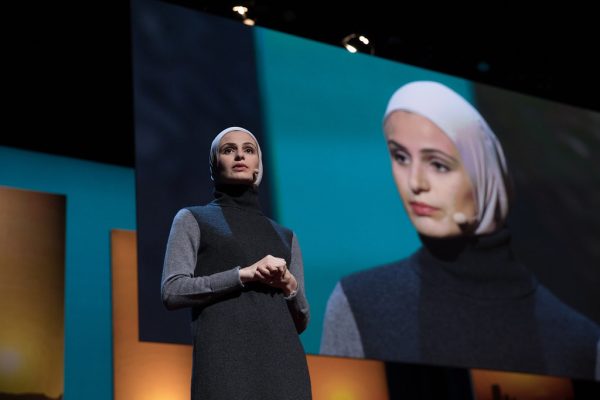
Ms. Terk said, “My initial response went from crestfallen to disappointment to concerned to downright angry.”
Barkat began talking about the current conflict in Gaza by accusing Israel of seeking to eliminate all Palestinian people. She said, “As a physician who also documents forensic evidence of torture and ill treatment according to UN protocol and guidelines, … what is happening in Gaza is the textbook hallmarks of genocide.”
According to the UN, “To constitute genocide, there must be a proven intent on the part of perpetrators to physically destroy a national, ethnical, racial or religious group.” During the conflict in Gaza, the IDF has warned civilians of impending attacks and does their best to limit the amount of innocent bystanders killed in military operations. Ms. Terk explained that the way in which the IDF conducts its military actions in the past and in the present was not discussed by Barakat as she accused Israel of genocide.
Terk added that “There was no exploration of the concept of genocide, no other perspective on the Geneva Conventions definition and on the concept of intent.”
Dr. Barakat did not respond to a request for comment.
She then went on to describe a selective history of the region. When describing Jews fleeing devastating and life-threatening pogroms throughout Eastern Europe in the 1800s, she called them “colonists” in which they “started dispossessing indigenous Muslim and Christian Palestinians.”
Many historians dispute her statements. Jews have maintained a presence in Israel even after the Roman expulsion in 70 CE. When Jews began immigrating to the region of Palestine in the 1800s, they legally purchased land from consenting Palestinians. Her inaccurate statements left the audience with a biased understanding of Zionism, potentially skewing the beliefs of the thousands of students and educators who may take these views and spread them within their own schools.
Sam felt that Barakat’s misconstruing of Jewish history truly “invalidated Jews’ having any indigenous rights to the land.”
Dr. Barakat repeatedly referred to Zionism as a “strain,” a historically antisemitic trope in which Jews have been described as unclean, virulent, or parasitic. She then recommended that the audience read a book called The Message, by Ta Nehisi-Coates, who has gone on record to praise Hamas for their actions during October 7th.
Norah was taken by surprise and said “I did not think there would be so much anti-Israel rhetoric specifically coming from the adult professional speakers.”
In response to Dr. Barakat’s speech, Ms. Terk emailed NAIS later that night, and the next day she met with Myra McGovern, NAIS’ Vice President of External Relations to voice her concerns and request that they vet future speaker’s final products.
Ms. McGovern did not respond to a request for comment regarding the reason why NAIS did not address Ms. Terk’s concerns.
Mrs. Cudiamat said, “That was my disappointment with the whole thing was we gave them an opportunity to fix it, and it didn’t get fixed, and it was almost worse the second time.”
On Friday, Milken hosted a Shabbat gathering that was open to all Jewish students attending the conference. Many Jews from other schools joined the Shabbat because they had “felt uncomfortable in their own groups in the event,” Adina said. She went on to say that during the gathering, “we all shared that we had been experiencing different forms of antisemitism.”
Yet despite the lack of safety students felt and Ms. Terk’s requests, the NAIS conference saw the continuation of Jewish hatred two days later in the form of another speaker, Dr. Ruha Benjamin.
Dr. Ruha Benjamin, a Princeton professor who is currently under investigation for her involvement in a Pro-Palestinian rally, spoke on the final day in front of the whole conference.
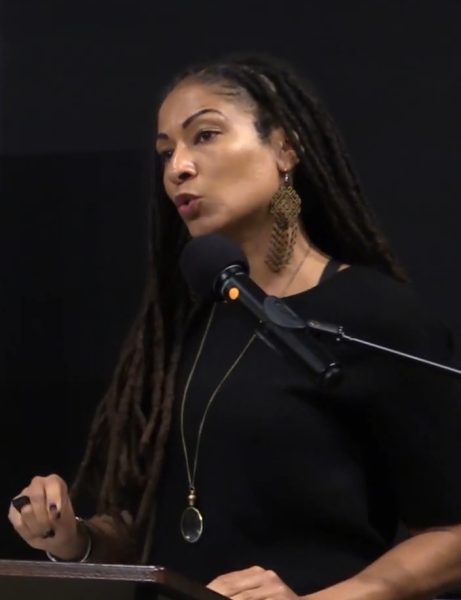
First, she urged the crowd to visit a website called gazaxr.com, a VR experience that shows images of what Gaza looks like before and after the war. She said, “My lab… was created by and for Palestinians and for those who believe in the seemingly radical notion that all life is sacred.” She repeatedly referred to the conflict as a “genocide” without mention of Hamas or October 7th which have acted as the main causes for the current conflict.
Similarly to Dr. Barakat, Benjamin also made these claims without citing the actions the IDF has taken to limit civilian casualties or, conversely, strategies Hamas has used both against Palestinians and Israelis as the governing force in Gaza.
Dr. Benjamin did not respond to a request for comment.
Before Benjamin concluded her speech, Adina and Sam left the room, devastated by the Antisemitism that thousands of students at the event seemed to support. Sam described the moment as “disturbing” and the “worst moment” of the entire conference.
Reflecting on the event, he said in an email that, “As I began walking out, I noticed people saw my Star of David necklace. I started getting dirty looks and even a sense of anger from the people who watched me leave. I no longer felt safe, at a conference literally built for inclusion.”
As the applause only grew, Ms. Terk shared, “I felt myself getting smaller.”
Adina added, “I felt unsafe. And that’s how it ended. This was supposed to be a space of celebration, inclusion, and tolerance. There were no messages of tolerance.”
Mrs. Cudiamat said that during the conference “It was just hard to watch that excitement slowly go for, like a peak and like, just gradually go down.” She stated, “I probably cried twice” as she watched her students face Jewish hatred.
In response to walking out of the speech early, Dr. Ruha Benjamin attacked Adina and Sam in a New York Times article, saying their actions “reflects failure on the part of their teachers and administrators to equip them with the ability to wrestle with difficult realities.”
Adina F. responded strongly saying, “Benjamin argues that the fact that I felt unsafe – to the extent that I left the conference hall –is a reflection of my inability to grapple with uncomfortable nuances. Yet, it’s precisely my understanding of the nuance and complexities that made it so personal that I needed to remove myself from the room.”
Adina went on to say, “In a conference dedicated to safe spaces, why were Jews the only ones who didn’t feel safe? And why, when we reacted, were [we] told that it was our fault, that our ineptitude to wrestle with difficult realities was to blame? Nobody should ever tell another minority what their discrimination looks like – especially by someone who does not share that identity.”
Benjamin’s words also attacked Milken educators as she claims that they failed to teach students to “wrestle with difficult realities.” In response, Ms. Terk said, “One of the goals of the Areivut program at Milken is to educate students to engage in productive and respectful discussions, guided by Kavod HaBriyot, and our students and alumni have had to practice that all the more regularly since October 7th.”
Dr Ruha Benjamin ironically attacked both Milken students and their teachers for supposedly misunderstanding the conflict rather than trying to include and hear the complaints of Jews who were hurt by her speech.
Milken students who were forced to face Antisemitic behavior from both speakers and other attendees now face a difficult question: Will they return to an NAIS PoCC and SDLC Conferences in the future?
Sam remains understandably furious and said “It was no longer about our beliefs, finding differences and common ground. It was instead about the victim and the oppressor which is a really harmful way of looking at the world.”
If Jewish students continue to be alienated in these types of spaces, he “doesn’t see himself returning and wouldn’t recommend it to other people either.”
Norah has taken a different approach, though, and said that “When we attend next year, they know this is the Jewish school that spoke out and that told them we need to do something.”
She believes that the best way to dismantle the hateful perspective of Israel held in these conferences is to continue to “take part in the difficult conversations regarding them.”
Norah stated, “If we don’t attend in the future, that’s not gonna change anything.”



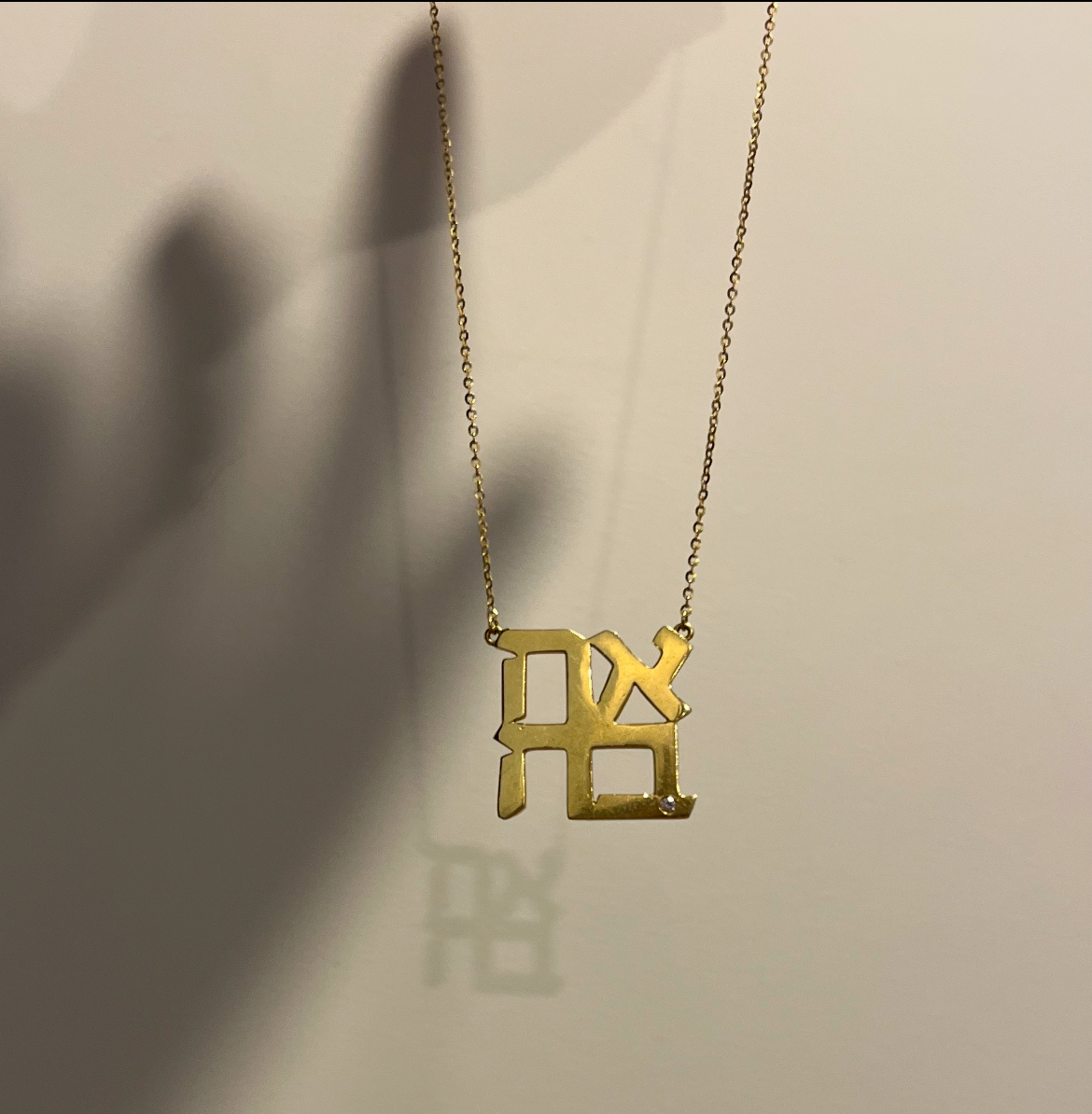

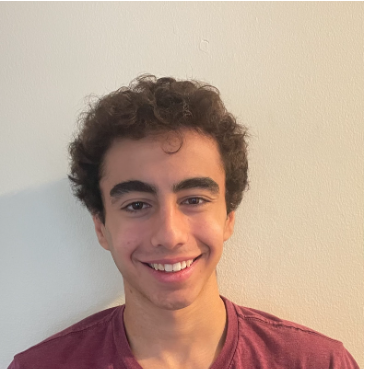
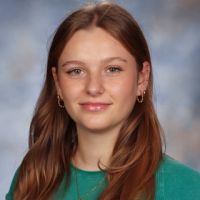
Jake • Jan 30, 2025 at 7:35 pm
Thank you for this article, it was really informative.
David Gerwitz • Jan 30, 2025 at 7:34 pm
Wow! that was an amazing story. I didn’t realize what happened at this conference and how bad of an event it was. Thank you for enlightening
Ezra Cohen • Jan 29, 2025 at 7:52 pm
This was really well written and the story was described to the highest extent. What happend at this conference was unfathomable, I hope this never happens again.